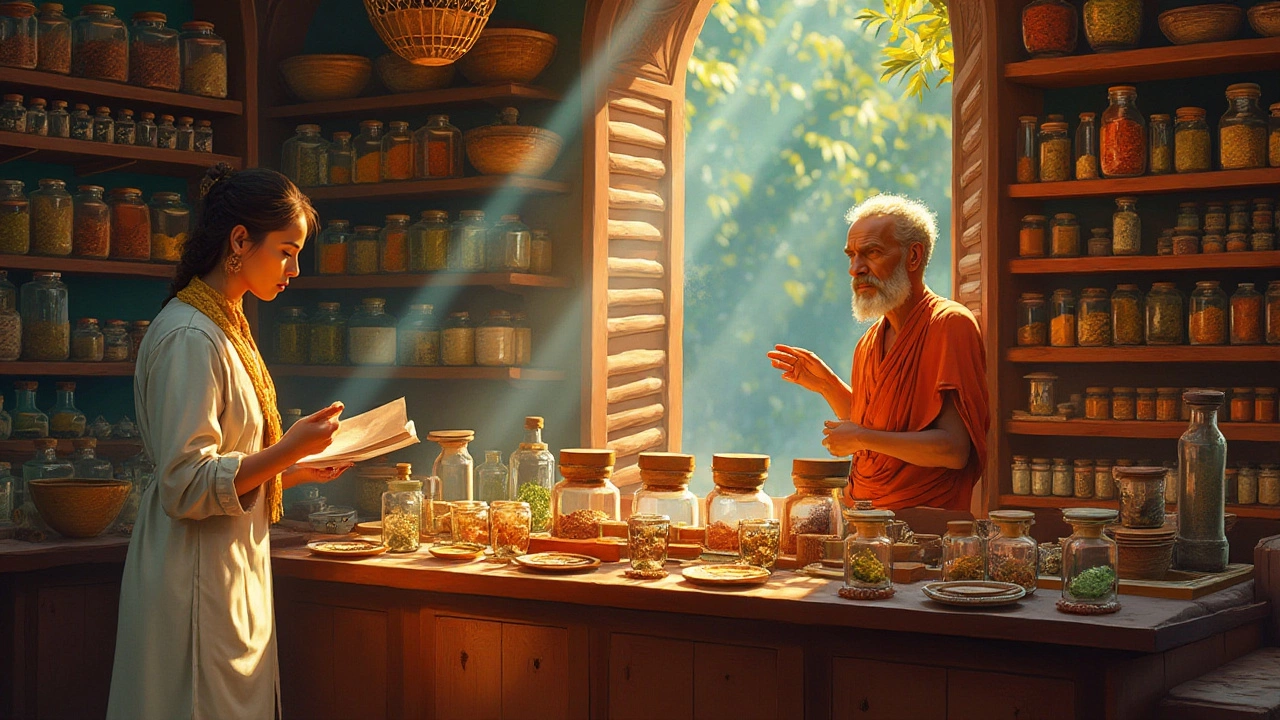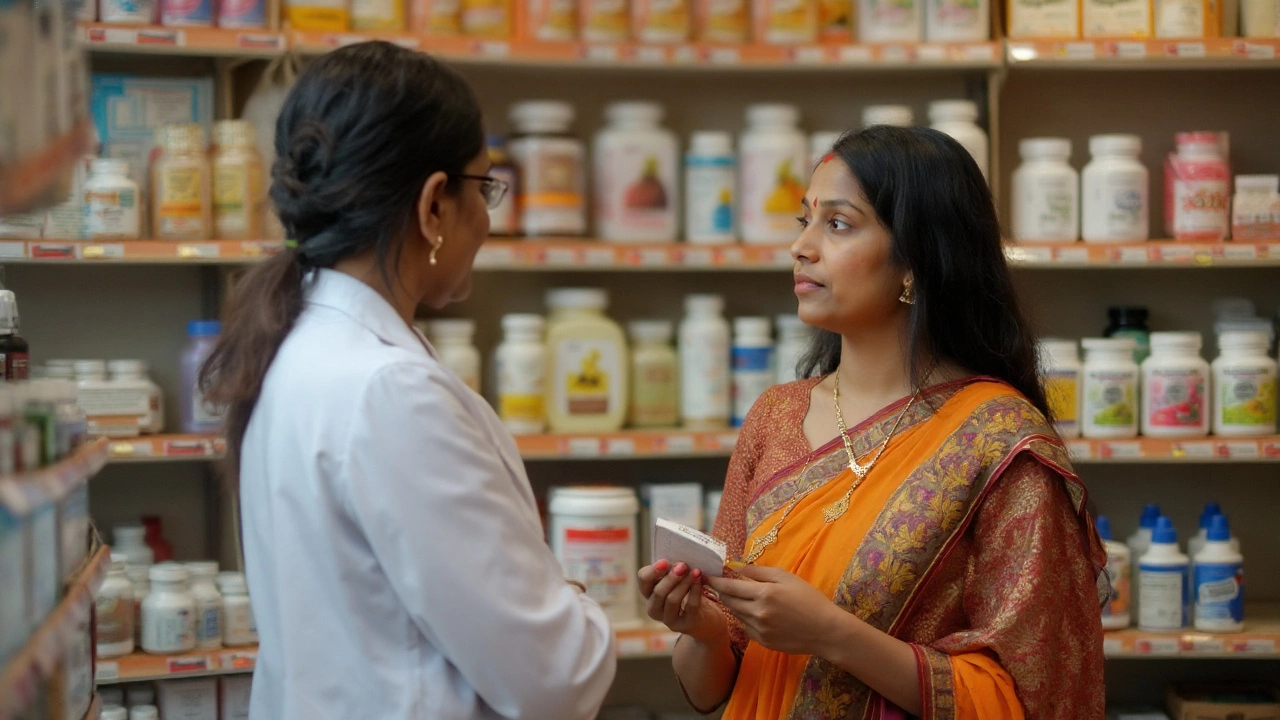
Standing in a store, reading labels on herbal bottles, you’ve probably seen promises that sound too good: glowing skin, better digestion, or laser-focus. Herbs sound natural, so they must be safe, right? Actually, that’s a trap many people fall into. It only takes one nasty side effect, one overlooked health condition, or one mix-up with your daily meds for “all natural” to turn into “big trouble.” In fact, while lots of people think of herbal supplements as harmless, not everyone should be using them—and some groups should absolutely avoid them entirely.
Why Herbal Supplements Aren’t Safe for Everyone
Let’s bust one myth right away: “Natural” doesn’t always mean safe. Belladonna and hemlock are natural too, but you wouldn’t scoop any into your smoothie. Supplements might use ingredients like ginseng, echinacea, St. John’s Wort, turmeric, or even kava—all celebrated in old traditions, but not always tested by modern science or regulated strictly by agencies like the FDA. In the United States, dietary supplements don’t go through the same rigorous safety testing as prescription drugs. Companies often don’t have to prove their products actually work or even that their bottles match what’s inside. According to a 2023 study by Consumer Reports, almost 15% of herbal supplements tested had extra, undeclared ingredients. That means if you have a health condition, these sneaky extras could do real damage.
Now, herbal supplements aren’t always bad news. Some people do benefit from select herbal remedies, especially under medical guidance. But plenty of folks should think twice, because certain herbs can mess with your body’s chemistry, clotting, hormones, or even your meds. In 2021, the CDC reported about 23,000 emergency room visits each year were linked to dietary supplements, with herbal products causing roughly a quarter of those cases. And that’s not just allergy-prone people—sometimes it’s older adults, pregnant women, or kids who get the worst side effects.
People on Medication: A Risky Mix
If you’re on medication for anything—heart, blood pressure, birth control, depression, diabetes, even just a daily pain pill—herbal supplements are like wild cards. Herbs can change how your body absorbs, breaks down, or flushes medicine. There’s a famous example: St. John’s Wort, often marketed for mood support, can force your liver to clear out birth control pills and antidepressants much faster. Translation: pills don’t work, hormones crash, and your symptoms might come back fast or stronger. Here’s a table of known dangerous interactions that’s worth checking before you touch those bottles:
| Herbal Supplement | Common Drug It Interacts With | Possible Consequences |
|---|---|---|
| St. John's Wort | Antidepressants, birth control, HIV meds | Serotonin syndrome, birth control failure, reduced drug effectiveness |
| Ginkgo biloba | Blood thinners (Warfarin) | Increased risk of bleeding |
| Ginseng | Insulin, blood pressure meds | Blood sugar swings, high blood pressure |
| Licorice root | Diuretics, blood pressure meds | Potassium loss, blood pressure issues |
| Kava | Sedatives, alcohol | Liver damage |
This isn’t a complete list, and medicine changes all the time. Some meds are so sensitive to herbal ingredients that one cup of certain teas (like green tea combined with blood thinners) can trigger a health emergency. Always ask your doctor—or even your pharmacist—before mixing any herbal supplement with your normal medication. It’s not about paranoia, it’s about keeping your meds working and your body safe.
Pregnant and Breastfeeding Women: Unsafe Territory
If you’re pregnant or breastfeeding, herbal supplements are a minefield. Most haven’t been tested for safety on pregnant women at all, and if they have, the news is rarely good. Certain herbs, like pennyroyal and black cohosh, can cause uterine contractions, trigger miscarriage, or even harm an unborn baby’s brain. Even gentle teas (like hibiscus or peppermint) can spur early labor in rare cases. In 2024, a study out of Cambridge University found up to 20% of herbal supplements labeled as “pregnancy safe” were linked to higher miscarriage or premature birth rates.
When it comes to breastfeeding, what you swallow can reach your baby in breast milk. Chamomile sounds innocent, but high doses have brought on lethargy in infants when mothers drank lots of herbal teas. Herbs like sage and parsley can dry up your milk supply. Even “galactagogues” (supplements claimed to boost milk production, like fenugreek) can give babies gas, rash, or other noticeable reactions. With developing babies, any unknown side effect is already a big risk.
- If you’re trying to get pregnant, skip herbal supplements unless specifically okay’d by your OB-GYN.
- Even topical herbal creams can sometimes seep through the skin and affect your baby.
- Look out for blends and “proprietary formulas” that don’t list every ingredient; unknowns often pose the biggest risk.
When in doubt: stick to prenatal vitamins regulated and cleared by your doctor. That bottle of “natural” might not be what it seems when your baby’s on the line.
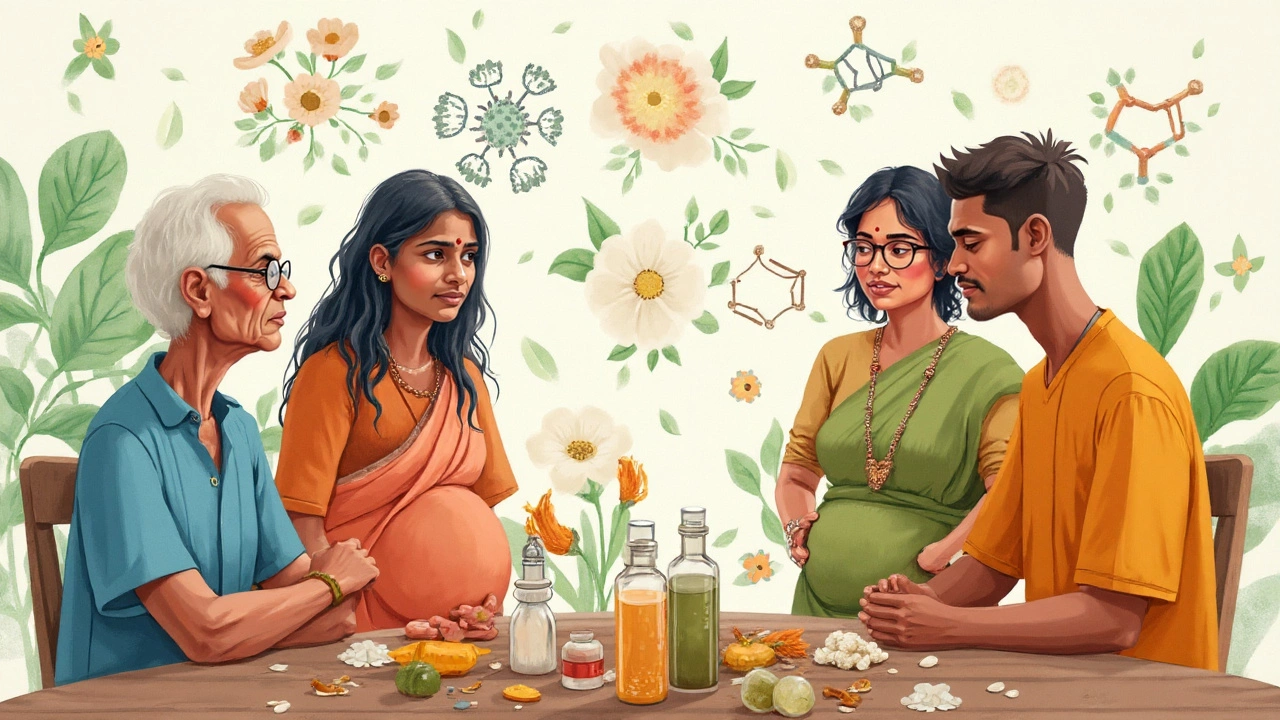
Kids, Teens, and the Elderly: Higher Risks for Age Extremes
Kids and herbal pills rarely mix safely. Children process chemicals and herbs differently—they have smaller livers, faster metabolisms, and much less margin for error. Doses that are fine for a 150-pound adult can make a child dangerously sick. In 2022, the American Academy of Pediatrics warned that 30% of “natural” supplement poisonings involved children under 6, usually because a product was left within their reach or given by a well-meaning adult. Even relaxing teas or herbal sleep gummies can tip a child’s system into drowsiness, changes in heartbeat, or low blood sugar. Kids with chronic health conditions, allergies, or on medication are at special risk.
Teens aren’t immune, especially with the rise of energy, weight-loss, and sports performance supplements. Products with guarana, bitter orange, or ginseng pack a caffeine punch that can set off heart palpitations, insomnia, or anxiety. There’s peer pressure to try “brain boosters” in the lead-up to exams—think ginkgo, bacopa, or nootropics—yet a 2024 study by the National Institutes of Health found that 1 in 5 teens using supplements for focus reported headaches, mood swings, or digestive problems instead of real results.
Then there’s the elderly—a group that often turns to natural medicine to manage joint pain, memory, or sleep. As we age, our bodies break down substances slower, which means herbal compounds can build up and interact unpredictably with standard prescriptions. A classic problem is ginkgo with blood thinners, leading to internal bleeding at doses considered safe for younger adults. Older adults might also have underlying kidney or liver conditions, so even “safe” herbs can strain organs without obvious warning. That’s not to mention swallowing problems or difficulty reading tiny labels, which can make taking the wrong dose way more likely.
- Children or teens with chronic illnesses, asthma, or ADHD? Triple check with their specialist before considering supplements.
- Keep any herbal product locked away if you have kids in the house.
- For older adults, stick to well-tested vitamins unless you’re under direct supervision by a healthcare provider.
That extra “boost” isn’t worth risking a trip to the ER or a missed medical diagnosis in anyone from toddlers to great-grandparents.
People with Chronic Illnesses: Hidden Dangers and Sleepers
If you’re living with a long-term health condition—think liver disease, kidney issues, autoimmune diseases, diabetes, or any heart condition—herbal supplements become a minefield of hidden dangers. Some herbs sneak into your bloodstream and either rev up your immune system (bad news for autoimmune stuff), stress your kidneys, or clog up your liver. For example, kava has been tied to serious liver damage, and this isn’t just theory—there are published medical case reports of people needing liver transplants after heavy kava use. Licorice root, often found in cough syrups or teas, can skyrocket blood pressure or lower potassium, which is especially dangerous for those with heart or kidney problems.
If you have diabetes (type 1 or 2), herbs like ginseng, berberine, and bitter melon can cause unpredictable changes in blood sugar. Drop it too low, and you could end up fainting or in a diabetic coma, especially if you’re already on insulin or other blood sugar meds. Celiac, Crohn’s, IBS, or any inflammatory bowel condition? Many herbal pills have binders, gluten, or mystery fillers that aren’t listed, triggering flare-ups.
Cancer patients face one of the biggest landmines. Green tea extract, often sold in “detox” supplements, has been shown to interfere with some chemotherapy drugs, making them less effective. Milk thistle, garlic, and turmeric—all rising stars in the supplement world—have also been shown to change the way chemo agents and cancer drugs are processed by the body. The American Cancer Society notes that taking these during treatment can lower survival odds, despite being marketed as healing boosters.
- Autoimmune warriors: avoid echinacea, spirulina, or alfalfa, which can trigger flares.
- Liver disease: steer clear of kava, comfrey, and germander entirely.
- Kidney problems: beware of high-potassium herbal teas and diuretics like dandelion root.
- Heart patients: licorice, ginseng, and ephedra (banned in many countries) are definite no-gos.
Ask for bloodwork and monitor your numbers if you’re tempted to try any “natural” remedy with a chronic condition—the risks aren’t always obvious from the label or even from your first try.
Tips for Making Safer Choices with Herbal Supplements
So, still thinking about herbal supplements? Here are steps to take before popping any pill, tea, or tincture:
- Talk to a medical professional who knows your health background. Don’t get advice from influencer videos or random forums.
- Read the label for third-party certifications, like USP or NSF. These show a company at least tried to stick to quality standards.
- Check for side effects and drug interactions. Websites like MedlinePlus, NIH Office of Dietary Supplements, or drug.com have real science and up-to-date safety warnings.
- Start one supplement at a time and track your reactions in a diary. That way, if you have a reaction, you’ll know the culprit fast.
- Be super wary of blends and “proprietary formulas” — these can hide strong or unproven ingredients.
- If you’re shopping online, hunt for recalled supplement lists—amazon, eBay, and local shops aren’t immune to sketchy products being pulled from the shelves.
Just because it comes from a plant, doesn’t mean it’s gentle. From medication mix-ups to newborn risk, the dangers of “all natural” can sneak up on pretty much anyone without warning. Take your health seriously and make smart, informed choices—sometimes the best supplement is the one you leave on the shelf.
Categories
Popular Articles
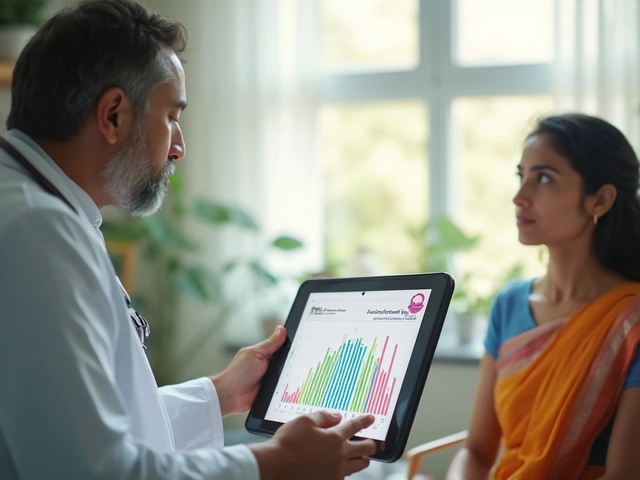
Feb 24 2025
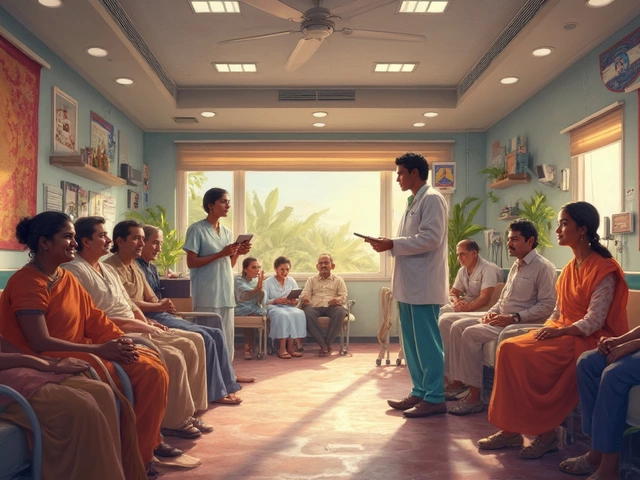
Apr 12 2025


Jan 31 2025


